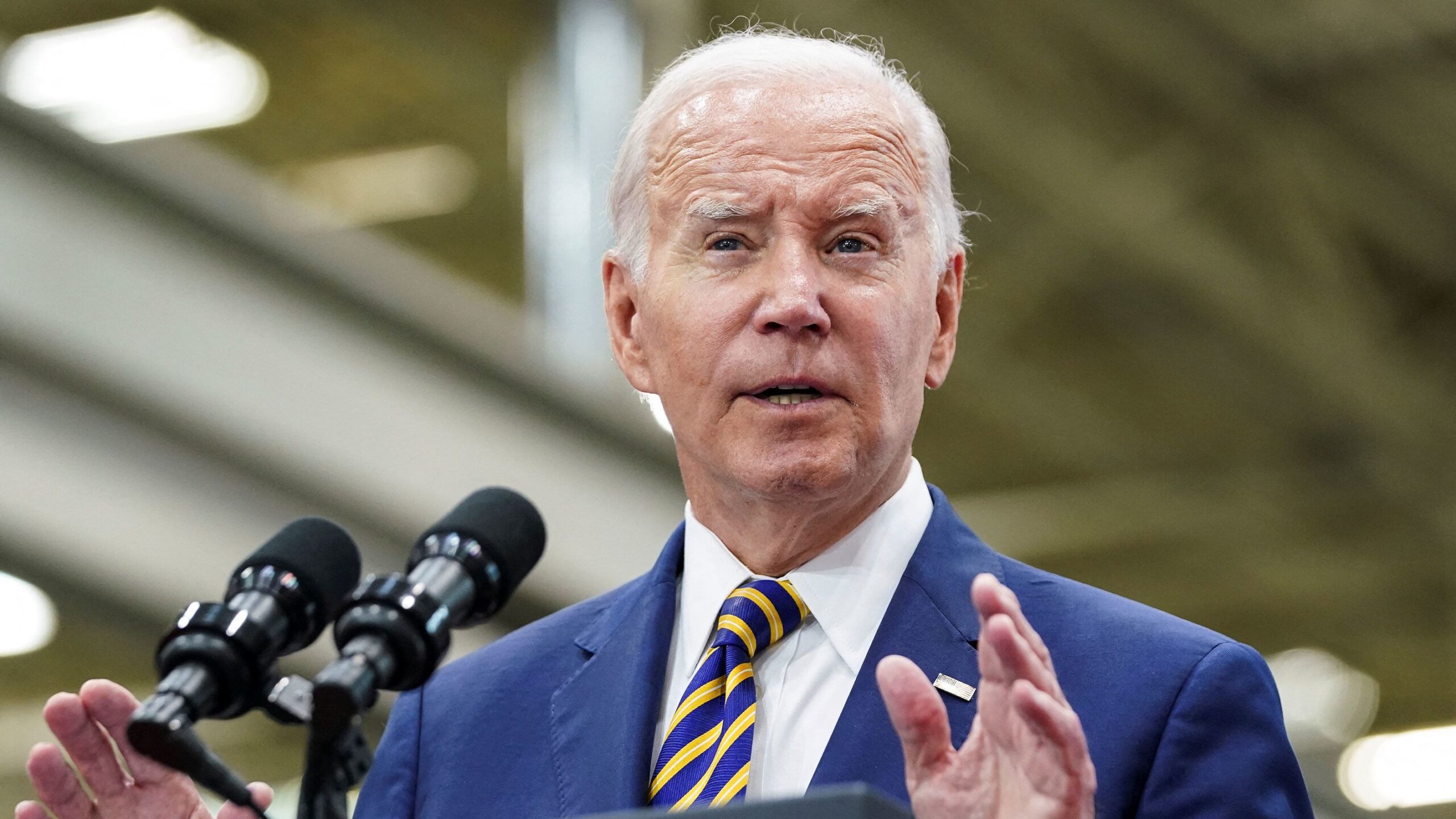As the incumbent candidate for the presidency, Joe Biden is not expected to have a primary democratic debate.
Maybe he should be. It may just solidify the obvious fact that Biden’s age and its effect on his efficiency as president is no secret. It is not just a tactic being spewed from the political right in hopes that they will retake the Oval Office. This is a valid concern expressed from every point on the political spectrum. The issue of the ages of our elected officials is glaring in both parties.
Between Senate Minority Leader Mitch McConnell’s multiple public freezes and the viral video of Senator Diane Feinstein’s confusion in a committee meeting, age is becoming a primary issue on both sides. In fact, this might be one of the few current issues that there seems to be a general bipartisan consensus: many of our elected officials are simply too old.
Recently, in response to the criticism of Biden’s age, he has started including jokes about it in his interviews. At an event in June recorded by MSNBC, Biden cracked a joke after making a point, saying, “Think about it. I know I’m 198 years old…” Then again, at another event, he said, “That’s what I’ve done my whole life – for the last 270 years.”
This is strategic genius by Biden and his advisors: take a valid critique and reclaim it as a humorous and humanizing tool in his reelection campaign. But as genius as it may be, it isn’t working.
Instead, it has opened the door for Democrats to finally talk about the issue. Until the past few months, the Democratic party has been largely silent on the president’s age. Now that Biden has started addressing it, the whispers among the rest of his party have finally begun to sound.
There was hope earlier in the year that President Biden would announce that he is not running for reelection. The long delay in announcing his campaign left Democrats crossing their fingers in the hope. Maybe the president would step down, creating space for a new candidate to provide hope for the weary party. It could open the door for a candidate whose age is not a concern – one who would allow us to consider their policies instead of their mental competence. No such luck.
Instead, we have the oldest president running for reelection in American history.
All of this begs the question: Should an 80-year-old man occupy the highest position of political power in the United States of America?
While the presidential position is clearly the most alarming due to the nature of its power, this issue is coming up across the board. This summer, we watched the 81-year-old McConnell have not one but two dramatic freezes during public events. Not “pauses to think” but uncomfortable delays in response where he looked like a deer in the headlights. Both of these moments occurred in the span of one month.
A video of 90-year-old Senator Diane Feinstein gained traction recently. While the Senate Appropriations Committee was voting on a defense bill, Feinstein seemed confused and dazed before the committee chair leaned over to her and said, “Just say aye.” And she did.
These videos from both McConnell and Feinstein have led to many calls for their resignations.
Most people are not ignorant enough to think that this issue would be solved if Biden were to step down. There are more and more cries from both parties for long-term reform. It was even a significant point of discussion in the Republican primary debate. A recent CBS news poll showed that 73 percent of Americans believe elected officials should have an age maximum. The numbers are over 70% for Republicans, Democrats, and Independents – varying by less than four percent between.
Interestingly, the poll indicates that there is a direct correlation between the age demographic of those polled and their desire for age maximums. This means the older population is even more supportive of the idea of age maximums than the younger generation.
Along with the conversation surrounding age maximums is the discussion about term limits for members of Congress. McConnell has served in Congress since 1985. Feinstein began her time in the Senate in 1969. Term limits could help alleviate this issue, although many have pushed for both term limits and age maximums.
The presidency already has a term limit, meaning that our next step has to be age maximums. The issue is that candidates typically have long political careers before running for president, thus the majority of those who run are older. Even term limits for the presidency would not prevent situations like the one we have with Biden.
It might be a wake-up call that the front-running 2024 presidential candidates are 77 and 80. Not only that, but the primary issues on their ballot right now are not policy. Instead, they are about whether or not one candidate is senile and whether the other is a federal criminal.
The age minimum for Congress is 25 – a year after scientists say a person’s brain is fully formed. Why would we not have a similar maximum to account for mental decline? I am not claiming that age maximums, term limits, or competency tests will fix all of the ails of our political system. But maybe they can help us focus on the issues that actually influence Americans instead of giving us the mudslinging battle surrounding aptitude we have in this election.


